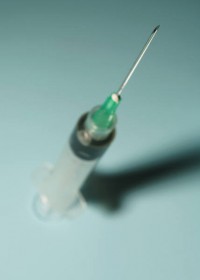
If you receive a cancer diagnosis, it is normal to ask, “How long will I live?” Despite the tremendous strides made in battling cancer and extending the life expectancy of cancer patients, The Big C still carries the death stigma.
An Unanswerable Question
None of us can know how long we will live. Whether or not you have cancer, life eventually comes to an end. Sometimes cancer hastens those final days, but more and more frequently it does not. There is no magic calculator that can predict with 100% accuracy when your last day on Earth will dawn.
Prepare for Tomorrow; Live for Today
The advice of people who have faced fatal illness is to prepare for the worst but live with hope. Survivors say knowing your affairs are in order and your loved ones are taken care of frees you to live each day to the fullest.
Many Will Outlive Cancer
Today, many people with some of the most common and most prevalent forms of cancer, such as breast and prostate cancer, can realistically expect to beat cancer, live long and happy lives, and die of old age or other causes. Certain forms of cancer are now considered so slow growing and unlikely to impact patients’ lives that testing and treatment are no longer recommended. You’re more likely to die of something else before you feel cancer’s effects.
Revolutionizing Cancer Treatment
Scientific progress in genetic and cellular research and recognition of the immense value of immunotherapy are revolutionizing cancer treatment and increasing life expectancy. In Issels’ more than 60 years of experience, many stage 4 cancer patients have achieved long-term remission with integrative immunotherapy.





